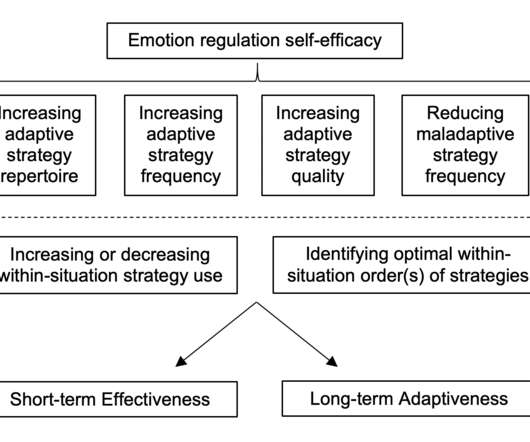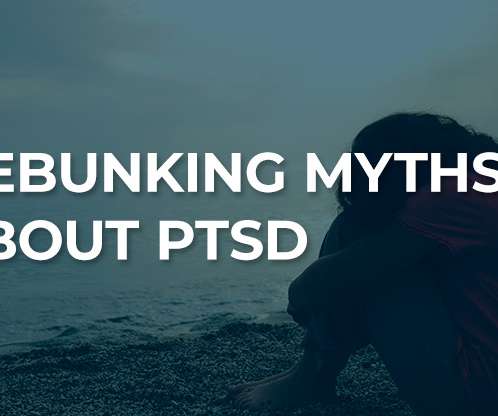Types of Therapy and Mental Health Providers
Stop Abuse Campaign
JANUARY 19, 2022
Psychologists have attained either a doctorate in philosophy or a doctorate in psychology. Along with psychotherapy, they can dispense medication if needed to help with the overall course of therapy. Dialectical Behavioral Therapy (DBT). Psychodynamic Psychotherapy. Clinical Psychology PHD Student. Psychologists .












Let's personalize your content